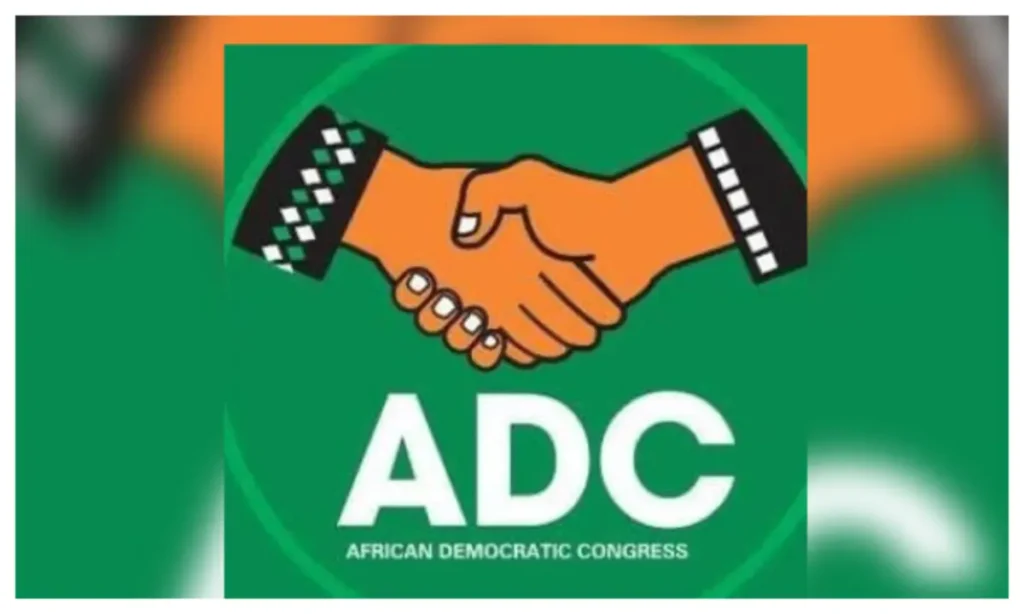
ADC Blames APC for Deepening Economic Crisis, Food Inflation
The African Democratic Congress (ADC) has accused the federal government of concealing its economic shortcomings behind manipulated statistics that present an illusion of progress, while ordinary Nigerians continue to endure worsening hardship.
In its response to the October 2025 World Bank Report, the party highlighted that 139 million Nigerians now live below the poverty line—an alarming rise from 81 million in 2019.
“That figure, representing 61% of the population, is clear evidence that the economic policies of the Tinubu-led APC government have actually sent more Nigerians into abject poverty, contrary to the government’s performance propaganda and claims of progress,” the party stated.
“The World Bank numbers tell a simple but painful story: under the APC and President Bola Tinubu’s government, more Nigerians have fallen into poverty than at any other time in our history. In 2019, four out of ten Nigerians were poor. Today, it is, at least, six out of ten.”
The ADC also referenced President Tinubu’s Independence Day speech, in which he declared that “the worst is over,” accusing him of using carefully selected statistics as a “whitewash” to support a misleading narrative of economic recovery.
“However, what is important is the reality that those numbers were meant to hide. Behind President Tinubu’s shiny statistics are the grim realities of historic human suffering: families skipping meals, children dropping out of school, and households selling assets just to buy food and basic drugs to survive.”
The party further claimed that nearly 30 million Nigerians have now joined the ranks of the ultra-poor—those who, even if they spend every naira they earn on food, still cannot afford enough calories to survive.
While the government touts record revenue collection and economic stability, ADC argued that the World Bank’s findings reveal a starkly different reality.
“Food inflation has gone through the roof, with the price of a bag of rice multiplying five times in just four years. Poor families now spend roughly 70 percent of their income on food, leaving nothing for rent, school fees, or medicine.”
“The so-called social safety nets that should protect the vulnerable have also collapsed. Coverage has fallen from 20 percent in 2019 to just 6 percent in 2025. Government support to the poorest citizens is almost non-existent, amounting to a mere 0.14 percent of GDP compared to a global average of 1.5 percent.”
Share your story or advertise with us: Whatsapp: +2348033202396 Email: sentinelnewsng@gmail.com








